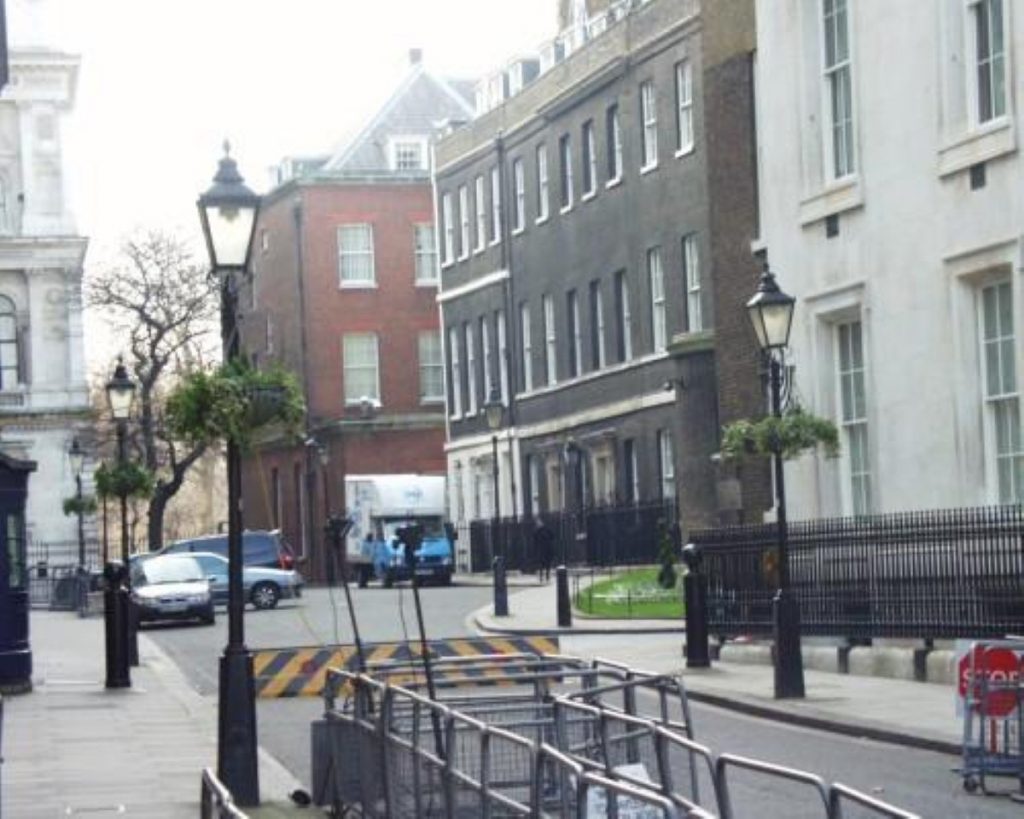Rationale for Iraq war in question
Tony Blair at PMQs today is expected to face a severe grilling from opposition parties over the decision to stand shoulder-to-shoulder with the US in attacking Iraq on the proviso that Saddam Hussein’s fallen regime possessed weapons of mass destruction.
Calls for an independent inquiry on whether the PM deliberately exaggerated Iraq’s WMD capacity, deployable within 45 minutes’ notice, have been increasingly vocal in recent weeks.
To make matters worse for Downing Street, the Foreign Affairs Committee has announced it will hold its own inquiry and would be publishing its findings.
The influential committee announced it would assess whether the Foreign Office and within the Government ‘as a whole, presented accurate and complete information to Parliament in the period leading up to military action in Iraq, particularly in relation to Iraq’s weapons of mass destruction.’


Mr. Blair has resisted calls for a public inquiry thus far, preferring instead one by the Parliamentary Intelligence and Security Committee. The PM is expected to make an announcement on the security committee today.
But critics claim the committee would report directly to the PM and not MPs, effectively keeping its conclusions away from the public’s gaze.
A Sky News/YouGov poll has suggested the PM’s public image would be dented irredeemably should he fail to convince voters that he told the truth on the issue of Iraq’s WMD capacity.
The poll found 23% of respondents would withdraw their support for the premier should WMD remain elusive in Iraq.
Consequently, 18% claimed they would change their voting allegiance.
Tony Blair remains resolute in the belief that Iraq has and had chemical and biological weaponry.
The PM told reporters: ‘stand absolutely 100 per cent behind the evidence based on intelligence that we presented to people.’












